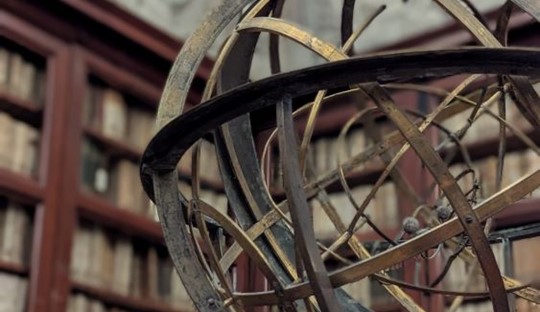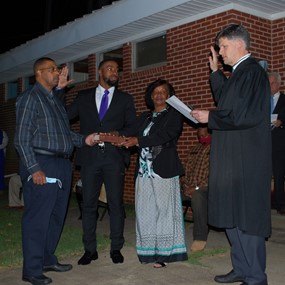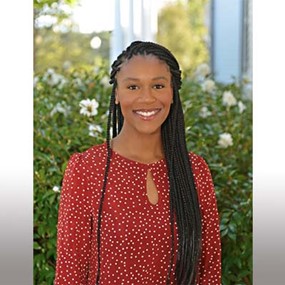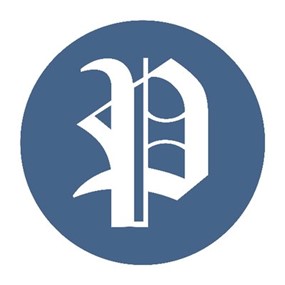All roads lead to Rome: Reflections on an archival seminar
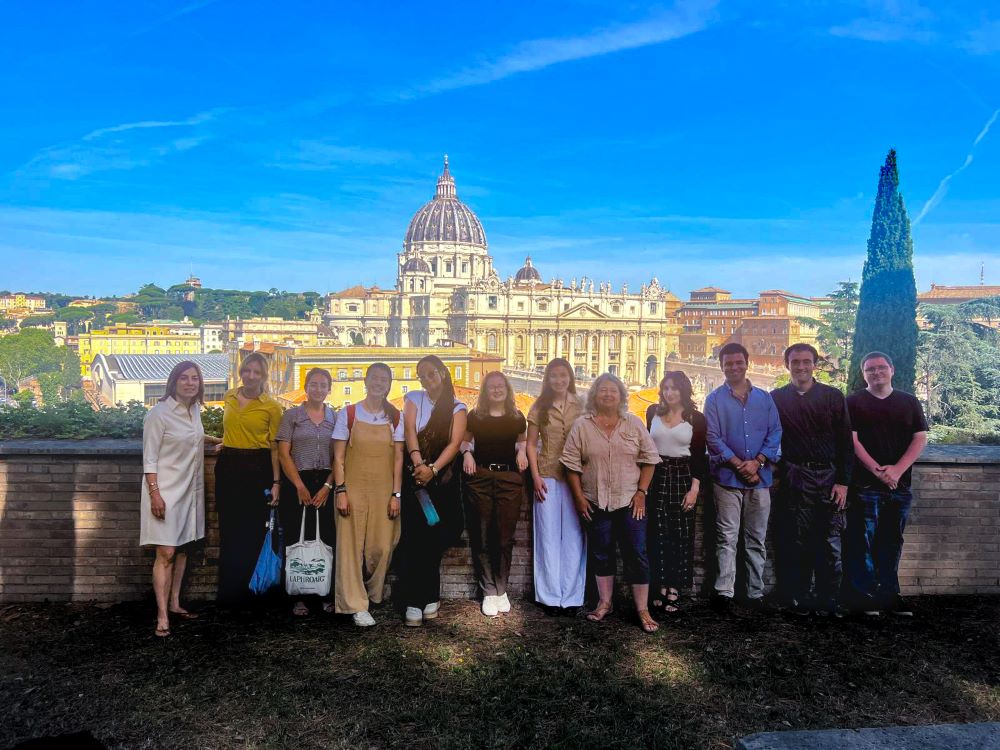
Johnathon Keller, a doctoral student in the Department of History, spent a month in Rome, Italy, as part of the competitive Rome Summer Archival Seminar. One of only ten students selected for the program, Keller shared his experience researching abroad at the Vatican and Rome’s national libraries.
Sitting in an archive is often perceived as a lonely adventure – a solitary experience as one sifts through and ponders old, dusty documents in a poorly lit basement. Many people likely imagine popular depictions of such experiences, such as Gandalf’s quest to trace down the history of the ‘One Ring’ in The Lord of the Rings. I had similar expectations and fears: but the Rome Summer Archival Seminar (hosted through the University of Notre Dame) has inverted my expectations of both the archives and the research process. Instead of inaccessible, isolated and intimidating, I found the archives to be a hub of communication, collaboration and community.
This past month has been a spectacular introduction not just into the archives, but the scholarly community that exists in Rome. Even if Rome is not the center of one's research, the archival pathways bring a global community together. The seeming abyss between myself, a historian of Italian Fascism, and the other members of the seminar, such as a Harvard scholar of Christian-Arabic manuscripts and a Northwestern scholar of the political economy of indigenous Bolivian music under Spanish imperialism, was quickly crossed by the communal experiences of Rome. As the saying goes, “All roads lead to Rome.” This was my experience, as Rome presented itself as a place for people and ideas to come together.
The Central State Archive proved no different. One would never be able to hear a pin drop in the study room, which was a poetically chaotic swirl of conversation among scholars and collaboration with archivists (as well as the sounds of construction floating through the windows). Admittedly, joining this network was intimidating and overwhelming; but my cohort within the seminar pushed me to join the community as much as members of the community reached out to ensure I was welcome at the archive.
The experiences of the seminar and the archive has transformed the way I view history as a discipline and profession. Although initially difficult as an introvert, I have come to embrace history as the exciting, collaborative profession that it is. The seminar meetings and end of seminar presentations highlighted just how much our divergent research interests produced compelling dialogue that was both insightful and informative. One of the most intriguing points of conversation was on the ways our research methods had changed throughout the seminar and influenced the way we are approaching the research process.
My perception of research methods changed as much as my expectations of the archive itself. The seminar highlighted the ways in which archival research is not a search for that one document or the chasing of “eureka!” moments. Archival research is about persistence and the uncovering patterns throughout a preponderance of documents.
Thus, the collaborative nature of the archival community is so critical. Various scholars studying a wide array of topics, from early modern ephemeral funeral architecture to seventh century perceptions of slaves in the Neapolitan imaginary, can shed light on the different forms of knowledge diverse documents and sources, when put into relation with one another, can reveal. For instance, a letter may give an interesting individual perspective that can be contextualized by paging through a monthly inventory or accounting book of an organization in the work of a fellow scholar. By conversing with fellow scholars, I am made aware of new questions to ask and to search for different kinds of documents I may not otherwise read.
Despite my expectations to find a particular document in a poorly lit basement, I found no such moments exist at the archives. The only “eureka!” moment I did find was discovering the gold mine that is the scholarly community in Rome. The Rome Summer Archival Seminar forged pathways and access to archives throughout the city, but most importantly allowed an Auburn University student to enter a global intellectual network and build relationships with new life-long friends and colleagues from across the world. Support from Auburn University made this once in a lifetime opportunity possible, and the assistance of the Department of History, the Graduate School and the College of Liberal Arts has demonstrated just how special getting an education at Auburn University is.
Support global learning opportunities by giving to the Department of History.
